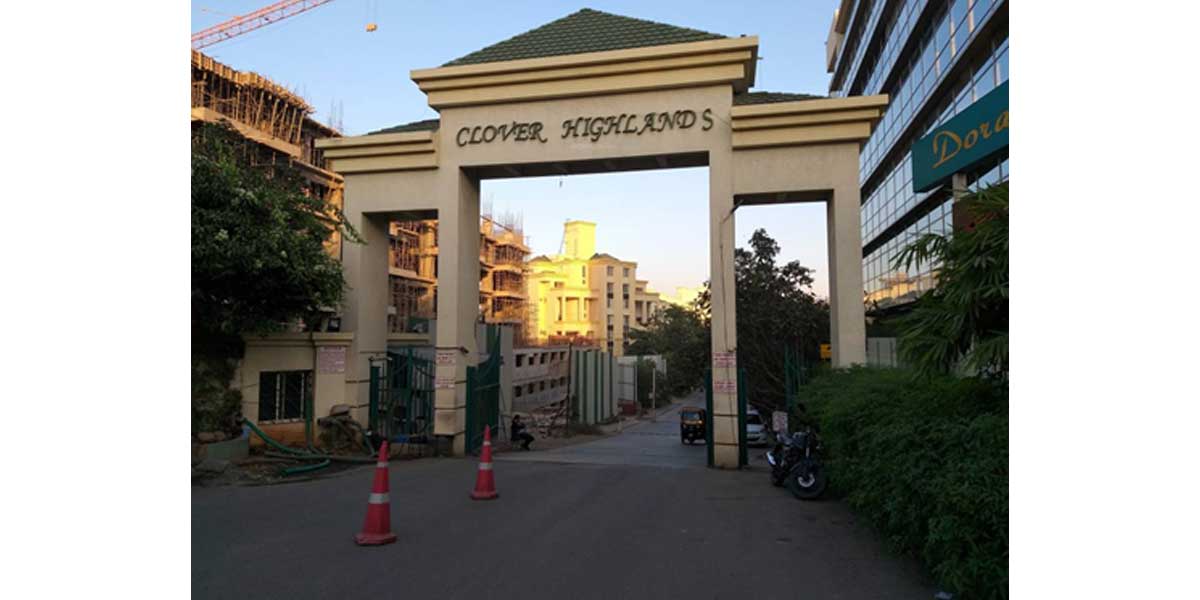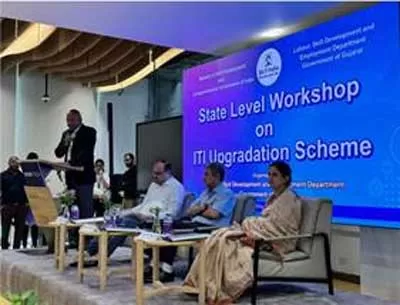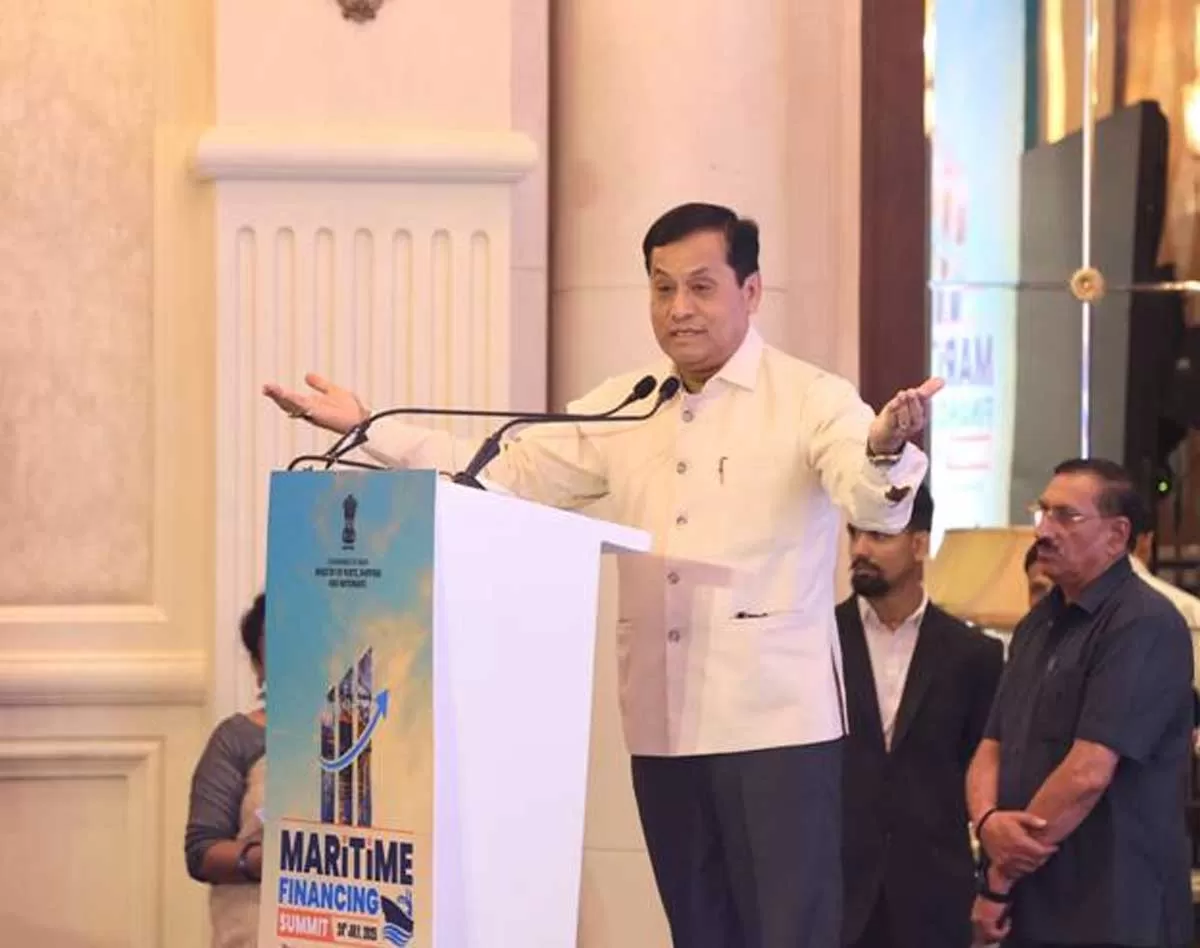On April 30, the Pune Civil Court Senior division delivered an iconic judgement ordering Clover Builders to demolish two 22-storey buildings constructed within the Clover Highlands Co-operative Housing Society, Kondhwa. The order has been directed to Pune Municipal Corporation too. The case, which has been in court since 2018, was filed and led by nine residents of the society who objected to the construction of the two towers and said it was illegal as it wasn't a part of the original plan when the houses were handed over to them in 2007.Judge SMA Sayyed, who presided over the case, passed a detailed, 95-page order, instructing that all revised and sanctioned plans after the society was handed over to residents in 2007 'stand cancelled being void ab initio’. As per the judgement, the concerned builders and the neighbouring society, Everjoy Co-operative Housing Society Limited (Phase 1), are directed to not take any further construction activities related to building 8 and building 9 (the two towers in dispute). The court has mandated that the towers be demolished within four months from the date of judgement. If the builders fail to do so then the residents can take the matter in their hands and arrange for it to be demolished, for which the builders will bear the cost. The court also ordered the developers and adjoining society to pay Rs 500,000 to the plaintiffs as compensation for damages, harassment and mental agony and inconvenience caused to them. On behalf of all the residents, nine residents took charge and decided to fight the case. The presently standing buildings 8 and 9 are constructed on the land which was supposed to be the parking area for the building as per the original layout. The residents also said that since the handover in 2007, the developers have changed the layout multiple times without the consent of the residents which is mandated under Section 7 of Maharashtra Ownership Flats Act (MOFA), 1963. The residents also filed defamation and civil cases against Clover Builders. When the work for the two new buildings started in February 2018, it was then that the residents were informed about the alterations in a general body meeting. Clover Builders claim that the residents were well-informed about the changes and they did not show any objection to it. The court, however, confirmed that all alterations in layout, not challenged by residents, were those sanctioned before February of 2007, the handover time. Any layout change made after that will be considered illegal. Lalit Jhunjhunwala represented the residents in the case. Kiran Wagjag, the lawyer representing the defendants, said to a leading daily that the company, Clover Builders, and the neighbouring society, plans to appeal the verdict within the 90 days stay order period. He also mentioned that the residents are purchasers of the flat in Phase-1 of the society and should have nothing to do with these two new towers which are being advertised as Phase-2 of the society. Whether or not the order is revoked post the appeal by the defendants, it cannot be denied that this iconic judgement has given the platform to many other residents of societies to take such actions against the builders if the construction is not as per promised. This has also stirred fear among builders and developers and will make them more cautious before taking such steps.Click here to read the court’s order Illegal construction is not new to Maharashtra. The state has seen multiple examples over the years and has also taken some steps in recent times to minimise this. Different regions in the state have recorded and identified unauthorised constructions and are now acting on them. In March 2021, the Mumbai High court expressed its dissatisfaction over non-compliance by the Maharashtra government in constituting a 'supervisory cell' to keep a check on the menace of illegal constructions in the state, and slammed the authorities and warned of strict action if the state fails to comply with orders. The orders for the cell were passed in 2018 but as of March 2021, no action on it was taken by the government.In October of 2020, the Mumbai High Court bench decided that BMC and other civic bodies must file additional affidavits by informing the court of the number of unauthorised constructions, the action taken so far, and the measures they plan to take against such structures in future. As of October 2020, Pune municipal corporation (PMC) states that there were approximately 7,000 unauthorised constructions within the city’s parameters. The Kharadi-Wadgaonsheri area had the highest number of illegal constructions. This was followed by the Sinhagad Road-Parvati area and Ambegaon -Katraj - Dhankawadi area. Pimpri Chinchwad municipal corporation (PCMC) has identified 70,000 illegal structures which fall in the flood line of the area. According to details released by the Navi Mumbai Municipal corporation (NMMC) in 2018, the body identified 361 illegal constructions within its jurisdiction. In October of 2020, following the unlock, the NMMC resumed taking actions against these unauthorised constructions and started demolishing these buildings.According to data received under the Right to Information (RTI) Act, between January 2016 to July 2019, BMC has received over 94,000 complaints regarding illegal constructions. However, it has taken action in only over 5,400 cases.In 2019 BMC also stated that it plans on releasing the names of builders who are involved in illegal construction so as to refrain them from committing these crimes again, but no step has been taken in that aspect so far. In May 2019, Kalyan-Dombivali Municipal corporation (KDMC) listed 190 developers from the city who were involved in illegal constructions. According to information obtained through the RTI act, 1.21 lakh structures out of the total 2.66 lakh in Kalyan-Dombivli are classified as illegal.As of 2018 petitioners said that there were about 50,000 illegal buildings in the Bhiwandi area. In 2018, the court directed the local municipal corporation to address grievances regarding the illegal buildings.This judgement by the Pune civil court on the Clover Highlands case has reinstated the common man’s faith in the judicial system and has proven the power of a collective cause.























